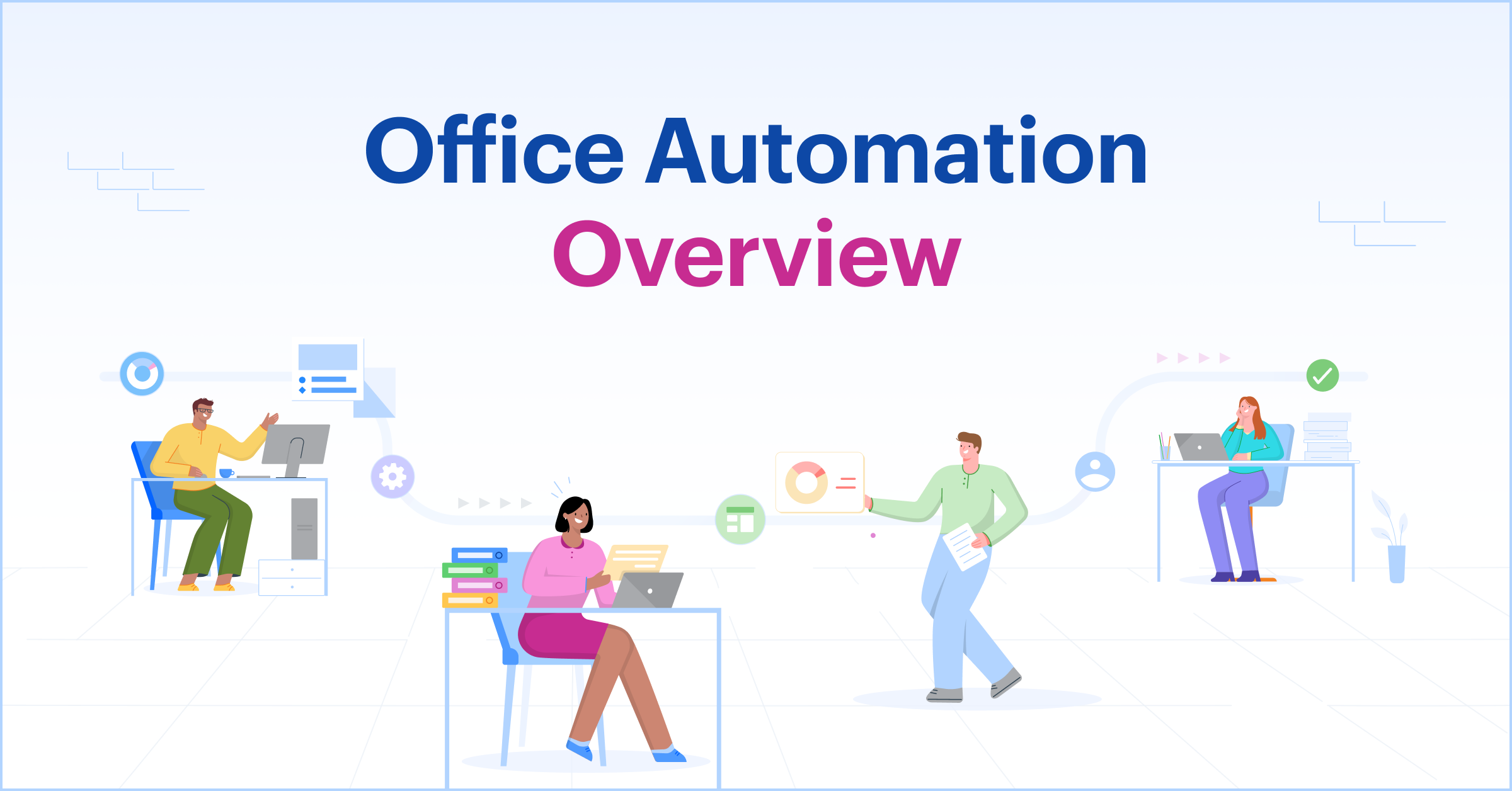Whether they are in route sales, pre-order, delivery or equipment service, many companies want to consolidate their operational route accounting functions and activities into one seamless and efficient integrated نرم افزار اتوماسیون اداری system. They want the data to be collected, shared and accessed across departments. They dream of an operational route accounting ERP software solution that facilitates the streaming and distribution of company-wide information on every desktop and mobile device.
ERP stands for Enterprise Resource Planning. Companies in food and beverage distribution and equipment service management benefit greatly from a well-designed operational route accounting ERP solution. Food and Beverage companies (both in perishable and non-perishable food ) and equipment service companies require software for both operation and accounting. The software organizes deliveries, manages direct store delivery (DSD) as well as equipment service and repair from beginning to end.
Yet often a company’s wish for an ERP solution remains a dream. Although the operation may have outgrown the existing software, leadership is often uncertain how to locate a trustworthy vendor, how to find the right software fit, how to budget for it, and ultimately how to successfully implement an ERP solution that integrates the company’s disparate software products into a unified whole.
For sure, a correctly chosen ERP solution solves the problems of disjoined and fragmented software processes by creating a coherent, efficient, and reliable software environment with enormous benefits. It runs the entire business operation from beginning to end: from the making of goods and products, to customer ordering, warehousing, truck loading, routing, servicing, delivering, invoicing, billing, and collecting, encompassing all operational and accounting functions into a coherent whole. Yet despite the numerous benefits, many companies do not overcome the initial challenges that accompany the search and implementation of new software.
The following discussion aims to help companies in the discernment process. It presents three major benefits of ERP software and elaborates on three frequently encountered challenges that companies face when they search and implement an ERP solution. We begin the discussion with three major benefits of ERP software: (1) it unifies a company’s disparate systems, (2) it automates the entire data flow, and (3) it constantly disseminates all data modifications and updates throughout a company’s operation.
Then the article considers three obstacles that often discourage companies from making their ERP dream a reality: (1) companies must find the right software partner, (2) they need to review their current business processes, and (3) they have to deal with the cost factor. But first, let us look into the considerable benefits of ERP software, ultimately, trumping any challenges.

